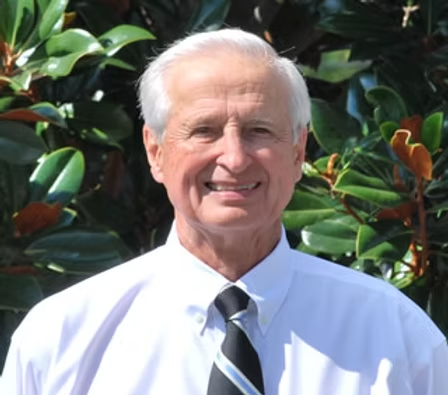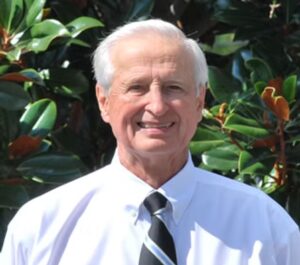
Podcast: Play in new window | Download
School Based Nutrition – Why is it happening this way?
There is a quiet experiment happening in American childhood, and we should stop pretending it’s benign.
In the 1970s and 1980s, when I attended school, school food was far from perfect, but it existed in the context of something essential: it was mostly prepared on site, minimally processed (but changing in that direction) and not laden with additives and chemicals (Yet). Oh, and most children still ate meals prepared at home at almost every other occasion. Dinner wasn’t aspirational or Instagram-worthy, but it was routine. Real food. Cooked by someone who knew the child, at a table where nervous systems could downshift. School lunch was a supplement to that structure, not the metabolic foundation of a child’s life. That has all changed in a short 50 years. Mirroring the change in weight and childhood disease prevalence.
• 1970s – some processed foods begin to enter school cafeterias at scale
• 1980s – preservatives and additives become routine
• 1990s – ultra-processed foods dominate
In 1994, new standards were added: This table lays out how much of each food group schools were supposed to offer over a week under the 1994 standards. These were the first nutrition-focused meal standards the USDA put into place:
For Breakfast (all grades K–12):
Fruit: 2.5 cups/week
Vegetables: 0 cups/week
Grains/Bread: 0–10 oz equivalent/week (depending on combinations of grains and protein)
Meat/Meat-alternative: 0–10 oz equivalent/week
Milk: 5 cups/week
For Lunch (split by grade levels):
Fruit: K–3 also 2.5 cups; grades 4–12 get 3.75 cups/week
Vegetables: still 0 cups/week (no separate vegetable requirement yet)
Grains/Bread: at least 8 oz eq/week
Meat/Meat-alternative: 7.5 oz eq/week for breakfast; 10 oz eq/week for lunch
Milk: 5 cups/week
(Hopkins 2015)
What’s notable, reflected in the structure of this table, is that vegetables weren’t required at all yet, and the standards were very much food-group based, not ingredient-level nutrient quality checks. That created space for schools to rely on industrially produced entrées and sides that technically met volumes of grains or proteins but could still be ultra-processed products with long ingredient lists, many of these foods would meet a NOVA class 4 classification (the worst type). Think fruit cup in sugary syrup…..
Dr. M



















